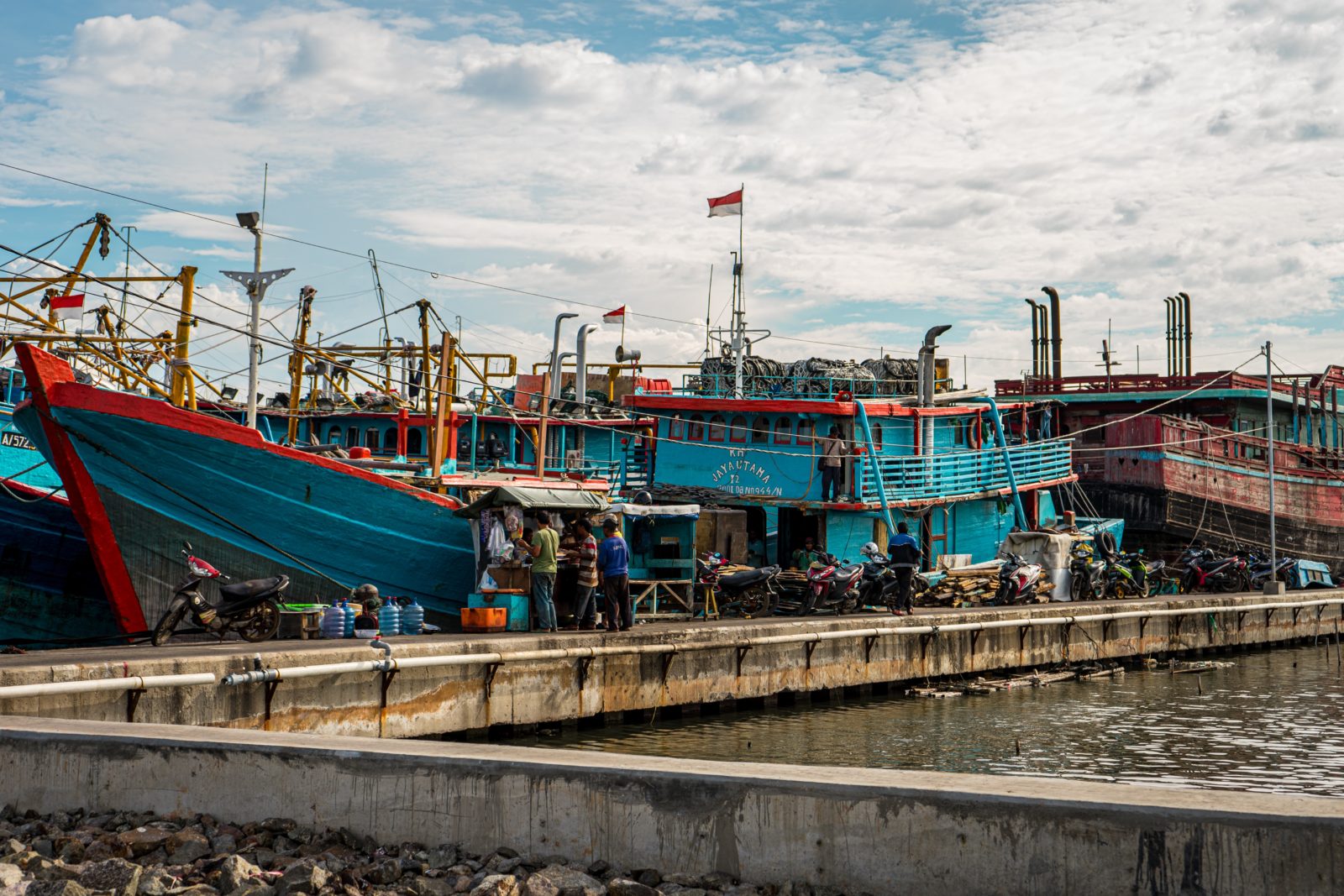In a move that goes against the negative news surrounding international trade, the Indonesian Government in early May ratified the Indonesia-Australia Comprehensive Economic Partnership Agreement. This free trade agreement (FTA) will now commence on 5 July 2020 and be a welcome boost for Australian exporters.
Those involved in international trade will be aware that Indonesia and Australia are both members of the ASEAN-Australia-New Zealand FTA. Under this existing FTA most imports of Indonesia goods into Australia are entitled to duty free entry. This means that the benefits of the Indonesian FTA will be most strongly felt by Australian exporters and service providers who will see improved market access
In particularly, there will be significantly reduced duty rates for agricultural exporters.
However, the existence of the ASEAN FTA does not mean that the Indonesian FTA should be ignored by importers. A significant benefit of the Indonesian FTA is a system for using declarations of origin rather than certificates of origin issued by an official body. An exporter will be able to use declarations of origin after the following occurs:
- Indonesia notifies Australia that it will implement the declaration of origin system; and
- the exporter is registered or certified by Indonesia.
The declaration of origin can be made on an invoice, delivery note or other commercial document provided it contains certain mandatory fields. Declarations of origin:
- can be made after exportation;
- can be in electronic format;
- do not need to be in any prescribed form;
- only apply to a single importation; and
- are valid for 12 months after the date of issue.
The ability for declarations to be issued post importation will facilitate the claiming of refunds where a declaration or certificate of origin was not available at the time of import.
The Indonesian FTA also permits Australia to waive the requires for documentary evidence. This means that there is the potential for the Trusted Trader Origin Waiver Benefit to apply to this FTA. This benefit is not currently available for the ASEAN FTA.
Interestingly, the Indonesian FTA imposes strict requirements on the issuing of a certificate of origin. The FTA envisages a system of exporters applying for a pre-exportation examination of the origin of the goods to be exporter. However, the pre-exportation examination need not apply to a good which, by its nature, origin can be easily determined.
It will be interesting to see if Australian bodies issuing certificates of origin engage in physical examination of goods or production facilities before issuing the certificate.
The Indonesian FTA will apply to goods in transit, or which have not been cleared for entry, on the date of commencement.
We suggest that importers and exporters now review what trade with Indonesia is currently attracting customs duty. Consideration should be given to whether those goods will satisfy the origin requirement of the Indonesian FTA. If the lack of use of the ASEAN FTA is due to the administrative burden of obtaining certificates of origin, the flexibility of the Indonesian FTA may be the answer to this.
As with any FTA, it is important to review the specific terms and not assume the outcomes regarding origin and duty rates under the Indonesian FTA will be the same as the ASEAN FTA.
Please feel free to contact us if you have any questions regarding this, or any other, free trade agreement.





